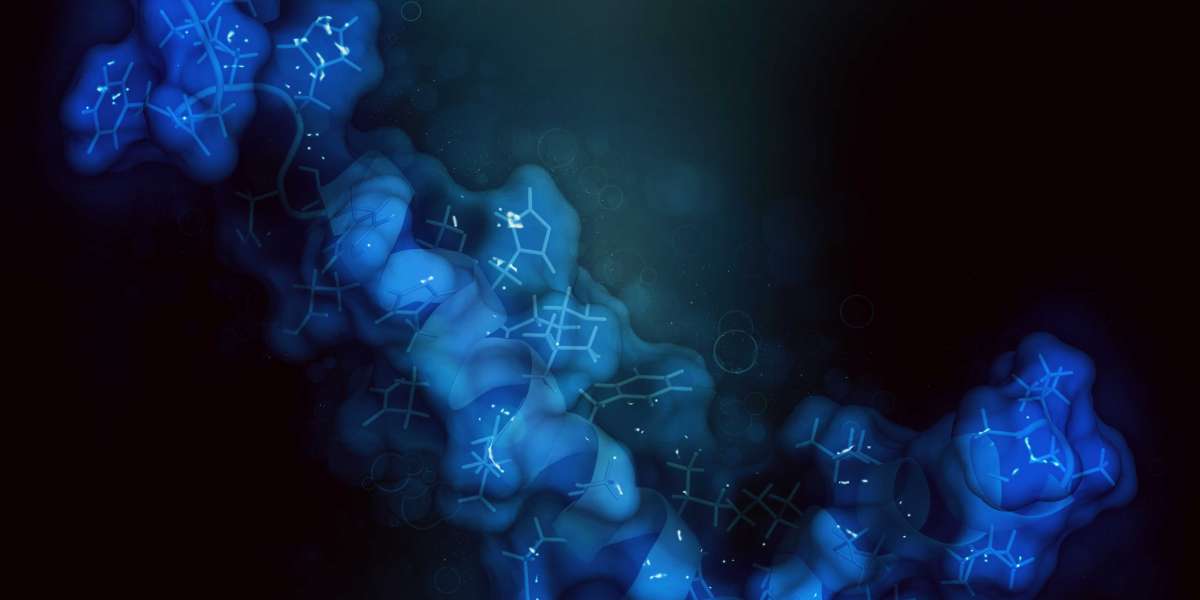In the quest for efficient and sustainable production of natural products, Escherichia coli (E. coli) has emerged as a highly promising candidate. Its versatility and robustness as a microbial cell factory have transformed the landscape of bioproduction, particularly in the field of heterologous expression. This article explores the advantages of using E. coli for the production of valuable natural products, highlighting its easy cultivation, genetic manipulability, and the scalability of fermentation processes.
The Advantages of E. coli as a Cell Factory
- Easy Cultivation: E. coli is renowned for its simple growth requirements. It can thrive in various media, requiring minimal nutritional components to propagate. This ease of cultivation not only accelerates the production process but also significantly reduces costs, making it an attractive option for industrial applications.
- Genetic Manipulation:
One of the standout features of E. coli is its well-characterized genetic system, which allows for straightforward genetic manipulation. Researchers can easily insert, delete, or modify genes, enabling the optimized production of proteins, enzymes, and other bioactive compounds. This genetic flexibility is crucial for enhancing yield and efficiency in producing desired metabolites.
- Scalable Fermentation:
Scalability is a vital attribute for any industrial production system, and E. coli excels in this area. Advanced fermentation technologies enable the production scale to range from small laboratory settings (5 liters) to large industrial bioreactors (up to 10,000 liters). This adaptability allows for efficient transition from development to commercial production, catering to varying market demands.
Heterologous Production of Natural Products
The heterologous expression system leverages E. coli’s robust characteristics to produce natural products that are often challenging to synthesize through traditional methods. This biotechnological approach is particularly beneficial for generating high-value compounds, including pharmaceuticals, agrochemicals, and nutraceuticals.
The process involves introducing genes from other organisms into the E. coli host to produce specific metabolites. For example, pathways responsible for the synthesis of complex natural products can be engineered into the E. coli genome, resulting in the bacterium producing these valuable compounds. This method not only enhances the yield but also provides a more environmentally friendly alternative compared to chemical synthesis.
A Mature E. coli Fermentation Platform
To support the heterologous production of natural products, we have established a comprehensive E. coli fermentation platform equipped with state-of-the-art infrastructure. Our facilities feature large fermentation tanks, advanced bioreactors, and efficient large-scale purification systems. This robust setup enables the production of high-purity products at kilogram levels, meeting industrial specifications.
Whether it’s fed-batch or continuous cultivation, our platform is designed to optimize productivity while maintaining the quality of the output. The ability to produce at various scales (from 5 to 10,000 liters) ensures that we can respond promptly to customer needs, whether they require small quantities for research purposes or large volumes for commercial applications.
Conclusion
- coli has established itself as a leading cell factory for the heterologous production of natural products. Its easy cultivation, genetic versatility, and scalable fermentation capabilities make it an ideal choice for various applications in biotechnology and pharmaceuticals. With a mature fermentation platform that supports large-scale production, we are well-equipped to meet the growing demand for high-purity natural products. As the biotechnology landscape continues to evolve, E. coli will undoubtedly play a pivotal role in shaping the future of sustainable and efficient bioproduction.







